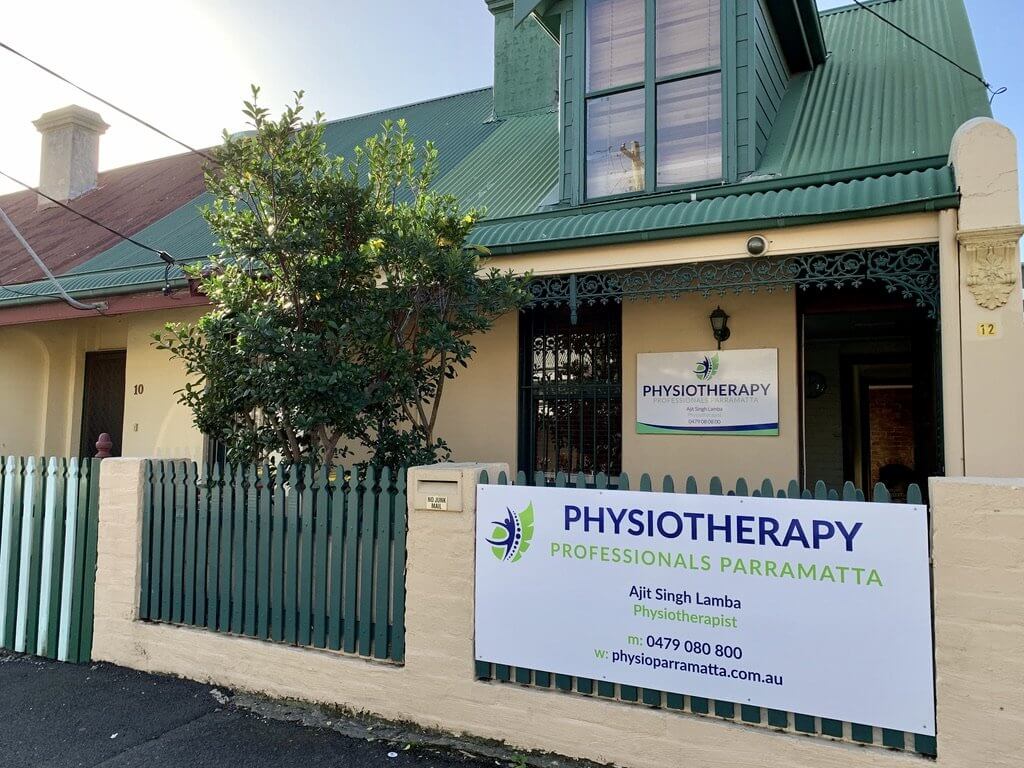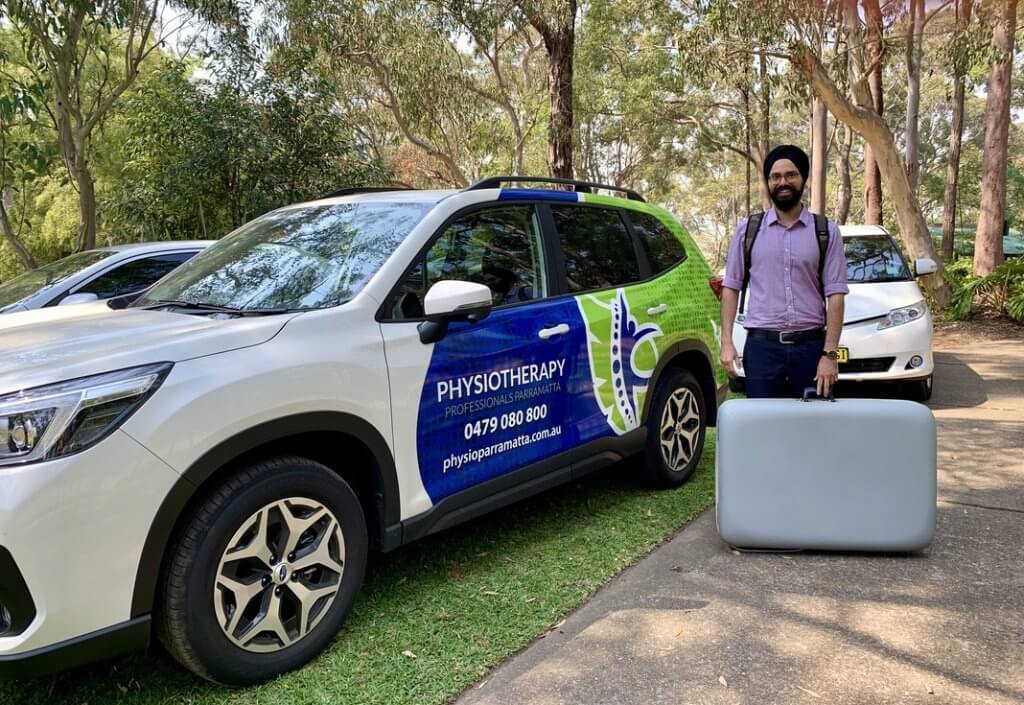Mobile NDIS Physiotherapist



Is Physiotherapy covered by the NDIS?
Physiotherapy services are covered by the NDIS. Physiotherapy can exist in various sections of your NDIS plan, as a core support or as a capacity-building support.
To understand more about the various sections, have a look at some examples of an NDIS plan.
Physiotherapists can provide treatment and advice to support a number of disabilities and chronic conditions, such as:
- Physical disabilities (amputations, post-surgery)
- Intellectual and psychosocial disabilities
- Autism spectrum disorder (ASD)
- Acquired brain injuries (ABI’s)
- Neurological injuries
- Genetic and chromosomal disorders
- Cerebral palsy
- Strokes
- Multiple sclerosis
- Alzheimer’s Disease
- Spinal cord injuries
NDIS Physiotherapy Providers
Many physiotherapists throughout Australia are now registered providers with the NDIS. If your plan is agency, or NDIS managed, you must receive your physiotherapy services through a registered provider.
However, if your NDIS plan is self-managed, you can choose any qualified physiotherapist you wish to provide your services.
If you are trying to determine whether a physio is registered with the NDIS, it is likely that they will state this on their website. Alternatively, you can find out by giving them a call.
Different types of funding:
- Self-managed: Participant pays for the service and claims it back from the NDIS (Depending on funding in their plan)
- Plan-managed: A manager chosen by the participant looks after the plan funding
- NDIA managed: If the clinic is registered with the NDIS (Like we are), we can directly claim the session fees on your behlalf
Plan-managed budget
Where the participant has a plan manager, service bookings will be created in this order:
- A standard service booking for the plan manager to claim the financial intermediaries supports they have delivered to the participant;
- Plan-managed service bookings for each of the participant’s funded supports.
Where a plan manager has already been appointed for a participant, the plan manager arranges payment to service providers on behalf of the participant.
Self-managed participants
Participants who are self-managing their plan are invoiced by, and pay, providers directly.
Participants need a receipt from the provider to acquit the expenditure against their plan using the myplace participant portal.
NDIA Managed Participants
We are accredited to provide services to NDIA managed participants at our clinic.
Service Agreements- Required for all NDIA Managed Participants
Service agreements help make sure the participant and provider have the same expectations of what supports will be delivered and how they will be delivered.
Making a service agreement is a negotiation between the participant and the provider. Participants might involve a nominated person (such as a participant’s family member or friend).
Service agreements need to include:
- What supports and services the provider agrees to provide.
- The cost of those supports and services.
- How, when and where you would like your supports and services to be provided.
- How long you need the supports and services to be provided.
- When and how your service agreement will be reviewed.
- How any problems or issues that may arise will be handled.
- Your responsibilities under the service agreement – such as letting your provider know if you can’t make an appointment.
- The provider’s cancellation policy.
- Your provider’s responsibilities – such as working with you to deliver your supports and services in the right way.
- How you or your provider may change or end the service agreement.
Terms You should know:
Participants
The most important element of the NDIS is its participants.
Plan managers
Participants can choose to have a registered plan management provider to manage their funding and budget for the supports in their plan.
Support coordinators
Support coordinators help participants to implement supports in their plan, including informal, government services, community activities and funded supports.
Local Area Coordinators (LACs)
Local Area Coordination (LAC) partners are organizations with local knowledge of disability services and their community.
